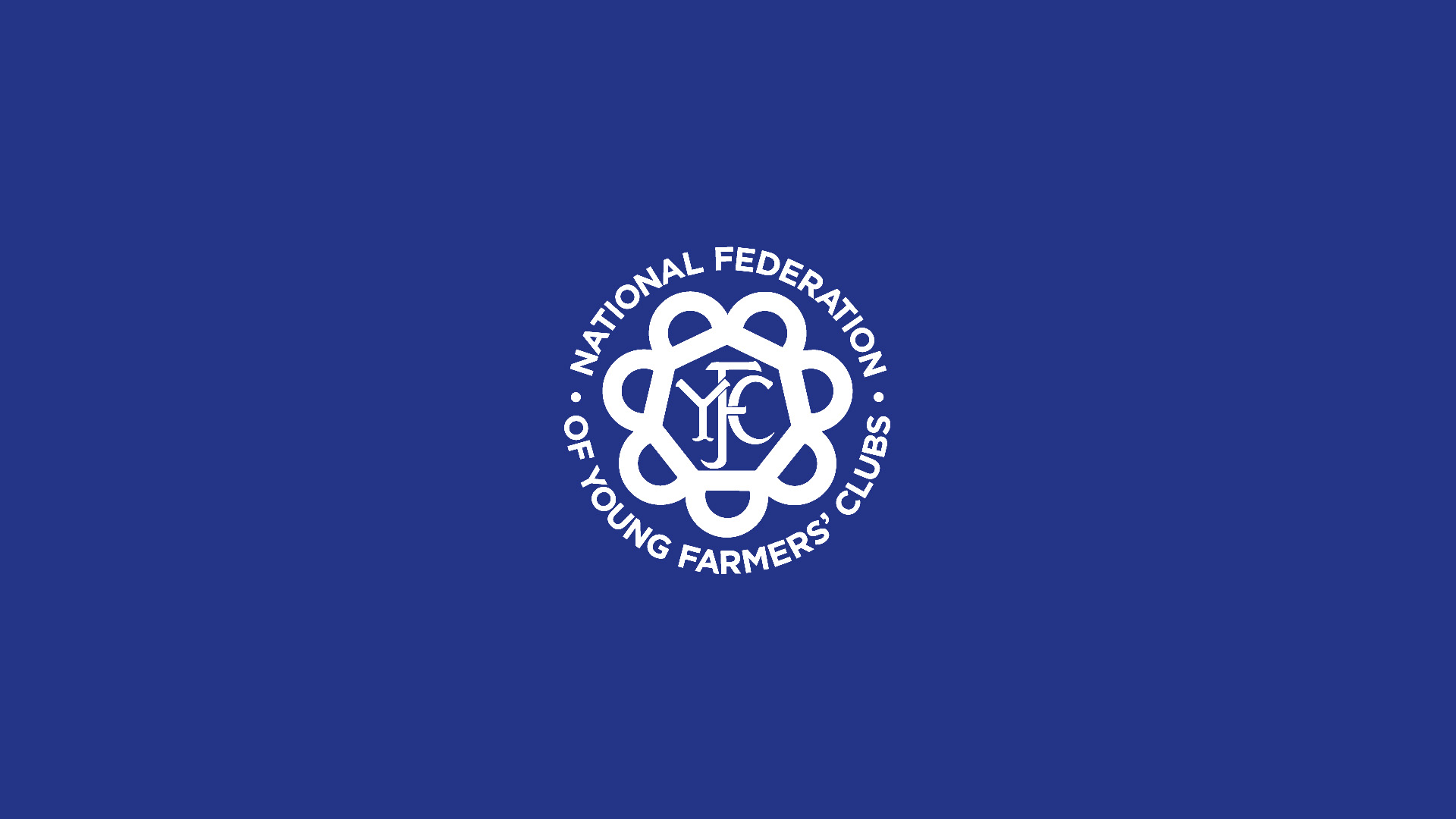

A day out at Yeo Valley’s organic dairy farm in Somerset gave young farmers and next generation land managers a chance to see regenerative agriculture and organic farming in practice.
Understanding Yeo Valley’s organic farming, food production and marketing principles, as well as the current regenerative agriculture trials, helped participants think about their future careers and businesses.
The day provided a timely case study to recent issues raised by next generation farmers and their understanding of how emerging policies could be incorporated into future farming business practice.
Yeo Valley’s regenerative organic farming Project Manager Tom White guided everyone around the farm, sharing the core regenerative farming principles which his transition project work followed. This included integrating livestock; maximising diversity; protecting soil surface; minimising soil disturbance and maintaining a living root.
Tom highlighted Yeo Valley’s history and its unique position as an organic food manufacturer on a 2,000-acre estate with around 130 organic farmer suppliers, 25 of whom are involved in the Regenerative Organic Farming Project.
Tom traced the early start of the farm business from 1961 through to working with OMSCO (Organic Milk Suppliers Co-operative), the partnership with Arla in 2019 and the current Yeo Valley organic project supporting the ‘Real, Healthy, Forever’ brands promoting ‘natural, healthy food that nurtures and nourishes people and the planet’. A brand and strapline validated by the home-produced beef and organic produce enjoyed at lunchtime and delighting the audience of discerning food lovers!
The tour also included explanations about the company’s carbon impact. Recognising a lack of data and challenge of topography, the aim is to help offset carbon emissions where suitable and increase stock on Yeo Valley’s own farm by 25% to become carbon neutral within 40 years.
Following organic principles has obviously put the farm in good stead for current soil sampling analysis, trialling and achieving targets. Diverse crops include white and blue lupins, triticale and soya to help improve the protein content in the farm’s fodder. Trials also include finishing cattle within Hazel Manor farm’s agroforestry and silvopasture trials.
Some visitors saw dairy farming practices for the first time as the group included members from Students Organising for Sustainability (SoS-UK) and FLAME as part of the joint ‘How Farming Can Cool the Planet’ project. It gave opportunity for young farmers and next generation participants to see and discuss housing, feeding, slurry and grass systems for their current or future enterprises.
The visit concluded the 2022-23 Defra-supported project of regional farm visits and discussion for next generation farmers and land managers.
The audiences were as diverse as the regional farms with a wealth of information gathered and shared.